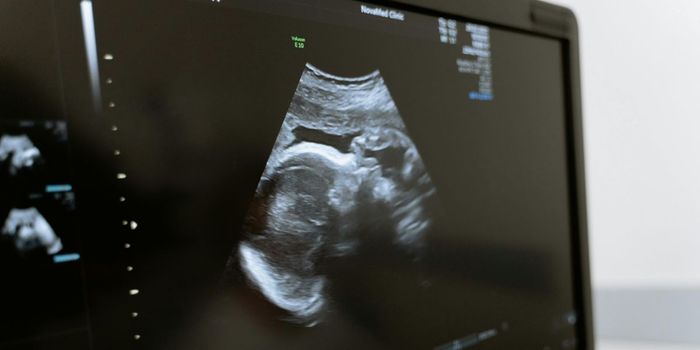Study Explores The Effect of the Cannabinoid Dronabinol on Sleep Apnea
A study published in the Journal of Cannabis Research examined the effects of the cannabinoid dronabinol on sleep apnea. The University of Illinois Chicago researchers dissolved dronabinol in dimethyl sulfoxide (DMSO) to study time spent in REM sleep in rats. The study assessed the effects of dronabinol dissolved in 25% DMSO and diluted in phosphate-buffered saline (PBS) to determine the potentiating effects of DMSO.
Sleep apnea is the collapse of the upper airway during slumber, and 5-10% of Americans suffer from this condition. It is more common in overweight men. Previous studies have indicated that medical cannabis taken orally can safely stabilize breathing during sleep. While smoking or vaping cannabis may irritate the respiratory system of sleep apnea patients, edibles or capsules with cannabinoids offer a convenient alternative.
The researchers anesthetized the rats and implanted them with bilateral stainless steel screws into the rats’ skulls for electroencephalogram recording and bilateral wire electrodes into the nuchal muscles for electromyogram recording. They used polysomnography to record brain activity after eight intraperitoneal injections every three days. They included the following types of injections:
- Vehicle (25% DMSO/PBS)
- Vehicle and CB1 antagonist (AM 251)
- Vehicle and CB2 antagonist (AM 630)
- Vehicle and CB1/CB2 antagonist
- Dronabinol (CB1/CB2 agonist)
- Dronabinol and CB1 antagonist
- Dronabinol and CB2 antagonist
- Dronabinol and CB1/CB2 antagonists
The researchers manually scored NREM and REM stages and counted sleep apnea incidents.
The study found that dronabinol dissolved in 25% DMSO did not suppress sleep apneas or modify sleep efficiency compared to vehicle controls. This finding contrasts with previously published results. Another finding indicated that dronabinol suppresses REM sleep. The researchers noted that dronabinol in 25% DMSO partially potentiated dronabinol’s effects and suggested DMSO affected breathing during sleep.
Source: Journal of Cannabis Research, Sleep Foundation








